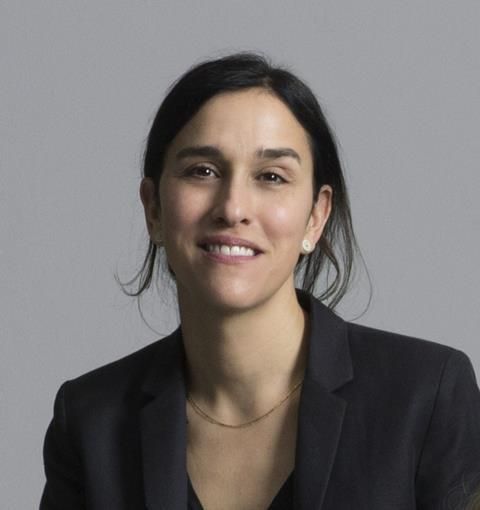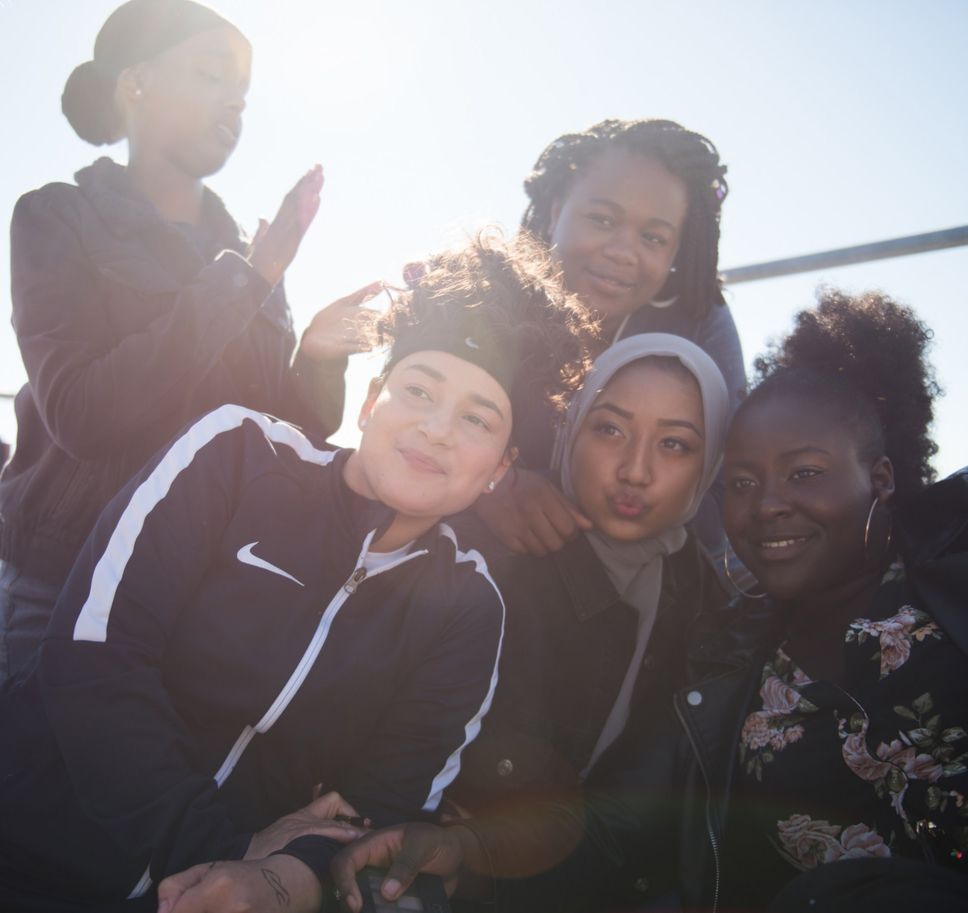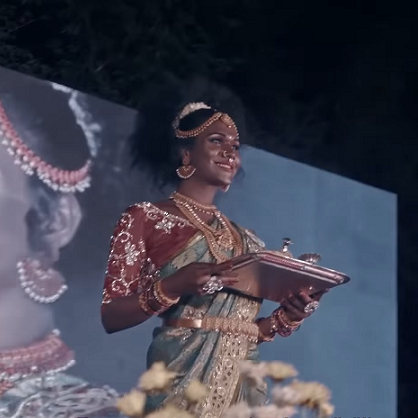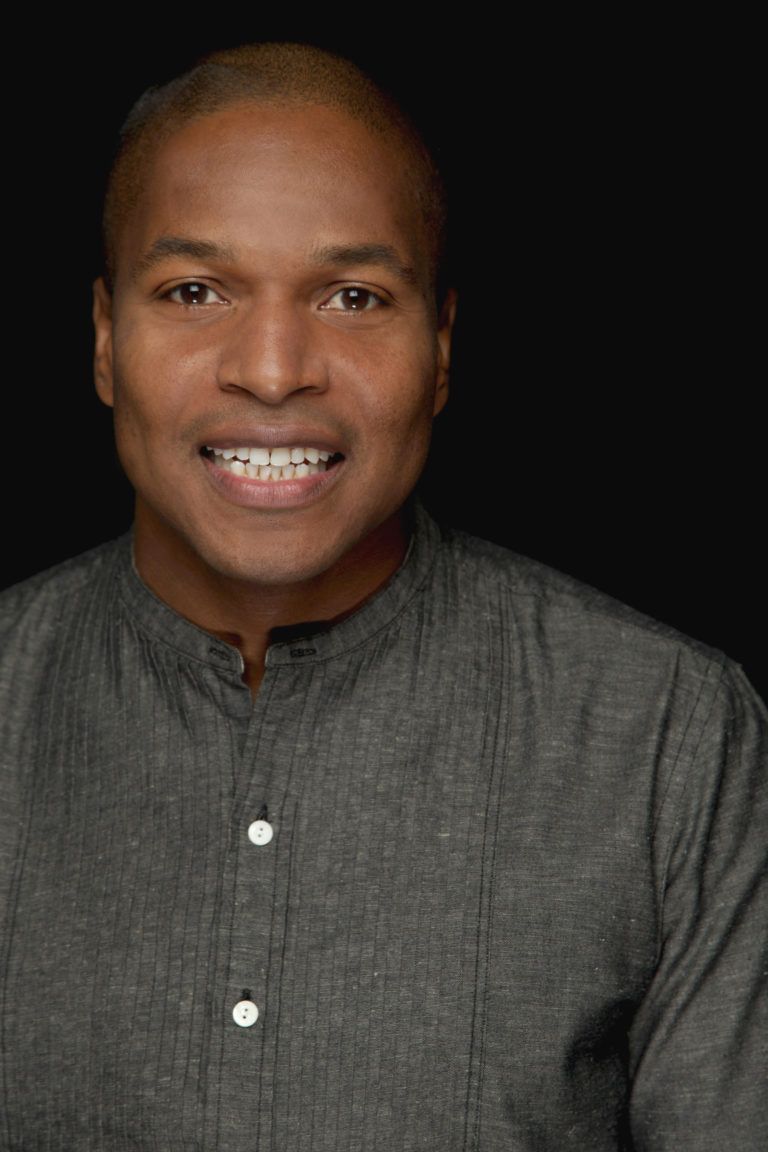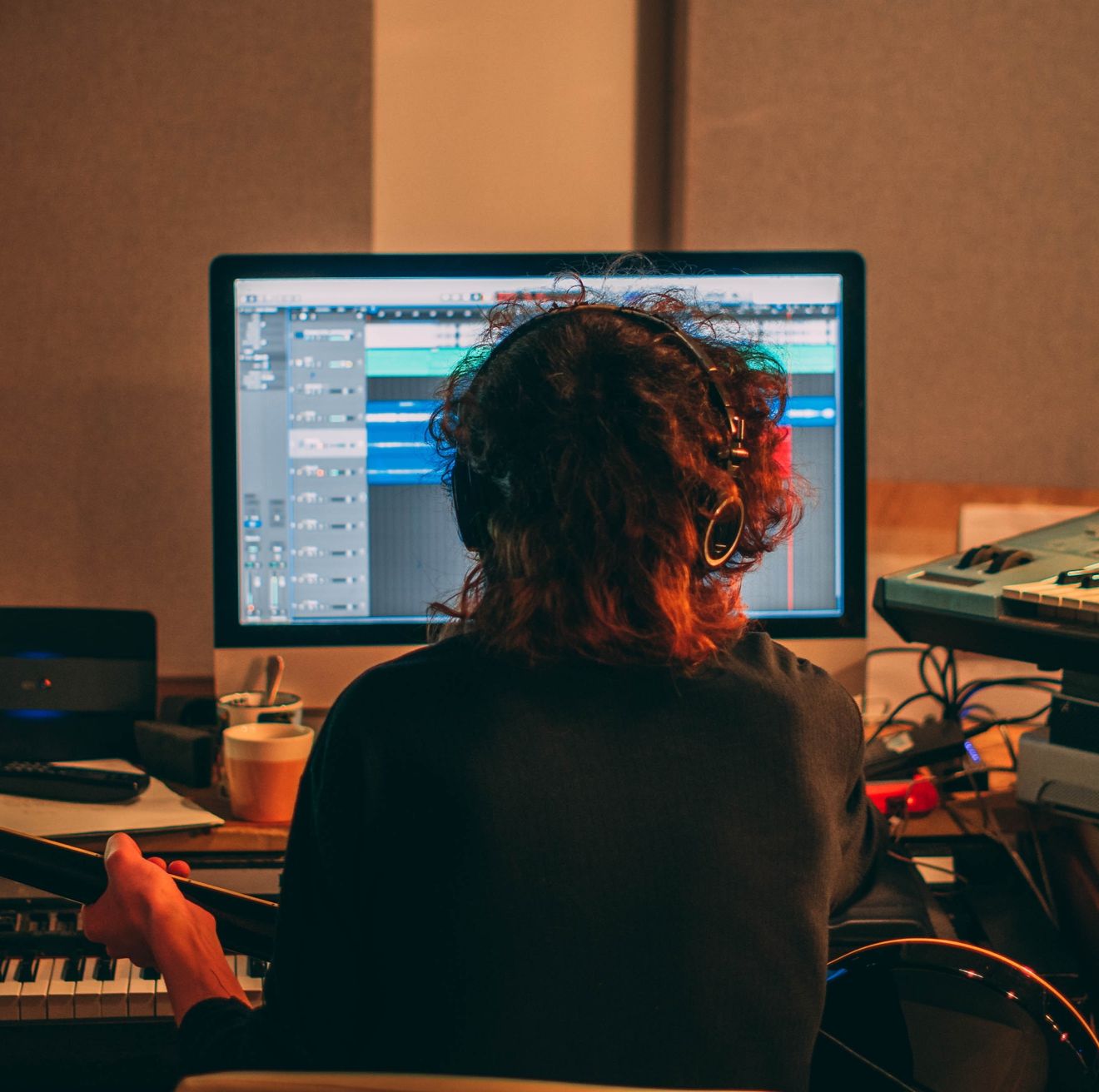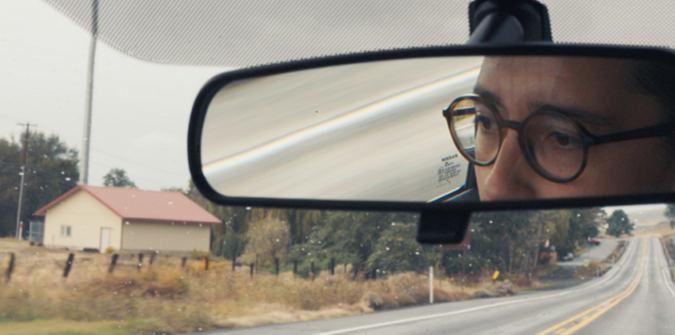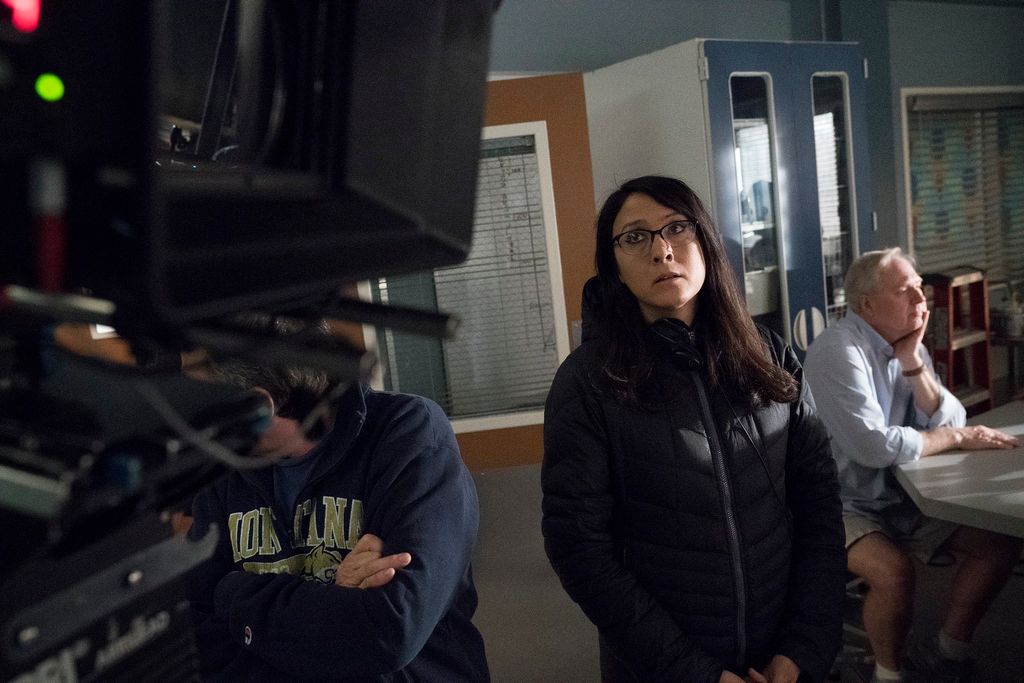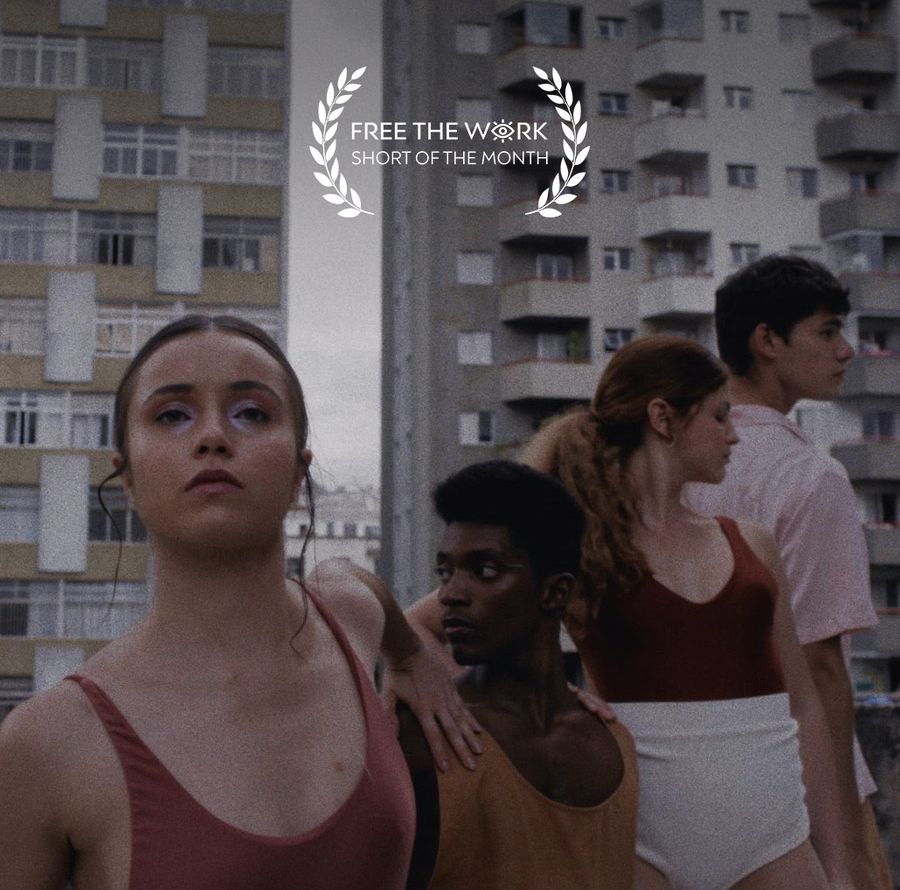Directed by Sarah Gavron from a script and story by Theresa Ikoko and Claire Wilson, Rocks is the story of a British teenager named Rocks (Bukky Bakray) who fears being separated from her brother Emmanuel (D’angelou Osei Kissiedu), if they're caught living alone. With the help of her best friends, she tackles growing up's most insurmountable challenges to keep her life in tact. It's an affecting portrait of a teen's strength and resilience in the face of adversity, and a testament to the power of friendship.
For a cast of mostly first-time actors, the performances are astonishingly natural, attributed presumably to the wholly collaborative process and to the authentic creative input they were encouraged to give. Facilitated by Gavron, Ikoko, Wilson and producer Ameenah Ayub Allen, the script for the film was developed throughout a months-long series of workshops with the young local cast of newcomers. We spoke to director Gavron and Allen about the unique making of the coming-of-age feature, in theaters now.
Rocks feels like a much-needed, modern and authentic look at teenage life. Where did the idea for the film stem from, and what gave the team the idea to build the script through workshops?
Sarah Gavron: We all wanted to make a contemporary film that centered young women. The creative team all grew up not seeing ourselves on screen. As female friendship was a theme we all felt was the key to the film, the idea very outset was to make it collaboratively in a different way to conventional film making routes. We wanted to build the film with the young women we were spotlighting.
What happened in the process of searching for a storyline was Theresa [Ikoko] came in one day and said she'd got a storyline she'd been working on for a while which is sort of a love letter to sisterhood, to her sister specifically, and young Black women who have to be stronger than they should at an early age. She felt like that storyline would work well if we folded it into this workshopping process, so the girls could then contribute and we could build it around this storyline. She and Claire [Wilson, co-writer] pitched the story to the girls in the workshops and they came up with ideas.
How did you find the girls in the film and for the workshops? Where were you looking, and what were you looking for?
Ameenah Ayub Allen: By the end of Summer 2017, casting director and researcher Lucy Pardee had met with over 1300 girls in East London, sourced through local state schools, youth clubs and drama clubs. The 1300 were then distilled to 30 during that autumn and finally 10 were selected to be part of a casting and script workshop process starting in January 2018. Lead actors Bukky and Kosar, as well as other main cast girls such as Tawheda, Afi and Anastasia, were part of this selection and process and the remaining girls involved were playing supporting roles. We were looking for sparky and opinionated individuals, who were truthful and generous improvisers and collaborative storytellers. It was liberating not to have a casting brief based on appearance. Instead the process was completely open and refreshingly democratic. That was a really wonderful life experience as a producer.
This unconventional approach naturally allowed for a diversity and celebration of cultural backgrounds and a special ‘live’ energy and flexibility that continued throughout filming. There was an ambitious purity of vision for the film and it was instrumental to attend all these workshops as a producer – especially as we were simultaneously evolving our filming process. The girls were key to the film as both collaborators and central performers. We were navigating the way of the film together.

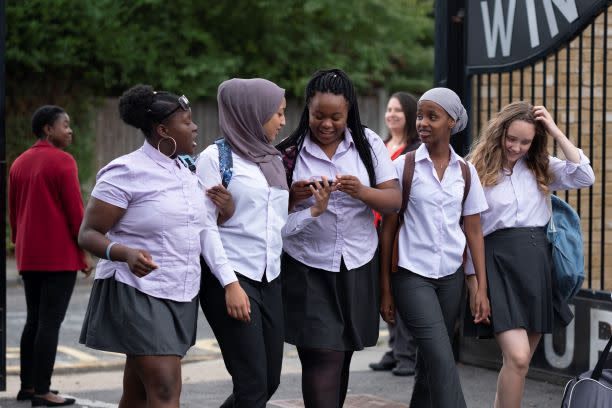
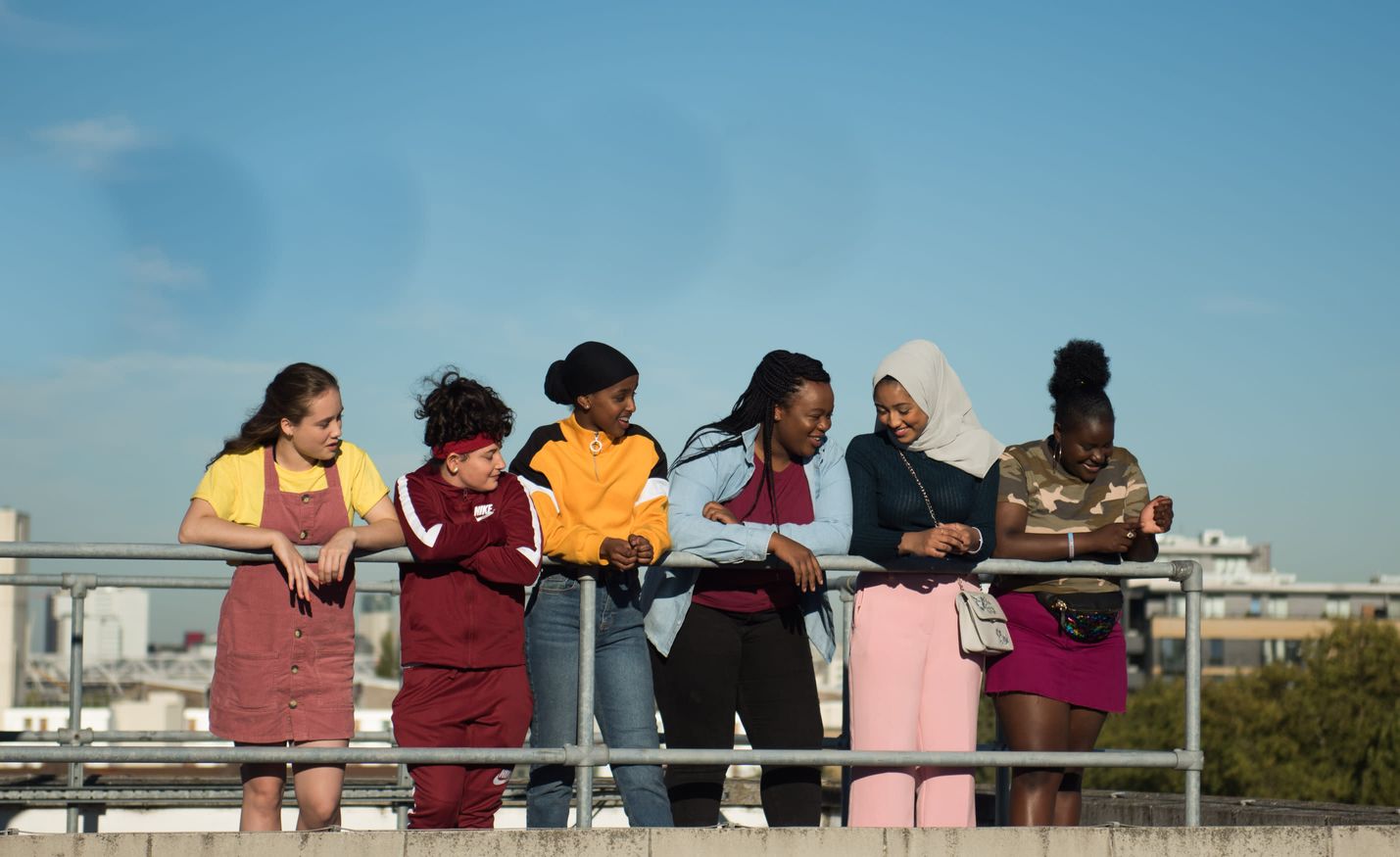
So you took Theresa's idea of female friendships into workshops and went from there? During the workshops, how did it develop and what was the day to day like?
AA: Yes, the workshops allowed Theresa's narrative story to evolve with the casting over a six-month period. They allowed us to get to know the girls in an organic and safe setting—the brilliant Platform and Lift youth hubs— and what they liked/disliked and what their reality was—sometimes taking the form of an open discussion and other times hilarious or deeply moving improvisations. The girls themselves got to know and trust each other—Bukky who plays Rocks) and Kosar (who plays Sumaya) became good friends and their screen friendship became a key part of the story. Many didn't know each other previously. Most of the girls came from East London, aside from Shaneigha, who played the outsider Roshé. Lucy found her through the fantastic Television Workshop in Nottingham.
The writers did a writers room with them and they got immediate and unfiltered input from the girls! Sarah gave them diary notebooks to fill in: what music they were listening to; things that they loved and loathed; stories from school life; film/TV lists; their influencers; academic and extracurricular activities; their journey to school etc. It took a while; I remember saying to them, “This is not like studying texts for English or Drama. You are the texts. You're creating the texts.”
SG: On top of the girls improvising and getting to know each other, we filmed the workshops on iPhones so that the young people got used to being filmed. The creative team—writers, producers—were in those workshops too, so we were all forming bonds, and we responded to that.

What kind of impact do you hope Rocks will have culturally on audiences? Ameenah, you talked before about when it came out the impact Bend It Like Beckham had on you…
AA: I hope young people will see elements of themselves, their peers on the big screen… enjoyed not only by themselves but wider audiences from worlds away from the characters, all delighting in the experience and value of authentic representation. Ultimately, I hope many more stories and filmmakers crash through on to our screens using Rocks as an example so films and voices in similar veins are not seen as “risky.” I strongly believe audiences are tired of the same stale stories and characters, which are not reflective of our world. Yes, it was hard to explain growing up that I had a Sikh mother from Malaysia and a Muslim father from Zanzibar and my wider family was ethnically, socially, and spiritually further diverse—my parents always embraced difference, because what was the “norm” in any case?.
I had studied Film at university and as a teenager had discovered Bhaji on the Beach and Mira Nair’s Mississippi Masala and Salaam Bombay! but it wasn’t until Bend it Like Beckham in my early 20s that I was suddenly spellbound and thought, “There is a place for me and those like me in the British film industry,” and, “I will be able to contribute.” So I was really quite literal, needing a film set in my hometown of Hounslow with characters I recognised from my own life that had mainstream appeal and therefore a political impact on me. That was nearly 20 years ago and I hope Rocks will have as wide and deep a cultural impact as possible.
SG: One of the things Theresa has said, growing up in Hackney, is that there was a lot of joy around her as well as a lot of difficulty, so it was really trying to convey that and celebrate and honour the young women in the film. We wanted to show that whatever they’re going through, they have the tenacity and they’re inspiring and resilient and there's a lot of joy there. That became an important thing through the film and they were offering that up; every day we were laughing, so it was to try and bottle that and show it in the film.
Was the crew being predominantly women a conscious choice?
AA: We thought it would be really good for the girls in the film to have a crew they felt comfortable with and could relate to. Sarah and I started work on this six months in advance of the shoot. We thought having a predominantly female crew would really help with their performance and continue the solid work from the all female creative team. I had previously worked closely with first time child actors across an 18-month period on The Selfish Giant and was conscious about how our cast would perform on location and with lots of people in the crew, including two camera teams. But because we’d completed six months of intensive workshops and the girls had the peer support of each other, they were just not phased by the actual professional shoot, which I thought was quite incredible!
I feel positive that things are changing, especially in technical departments which have been massively underrepresented. But there is still so much more work to do. It was important to us that the young people and community involved in our film were able to “see” female grips, electricians, boom ops, and other crew in their roles “doing the work,” which in turn informed them and their networks of all the different roles for women in Film.
SG: We made a quite conscious decision to get a female crew. I’d never worked with a female cinematographer before which seems sort of bizarre. So I went out and met lots of amazing women. We all wanted it to feel like we were the big sisters to the little sisters on set. We wanted the first-time cast to feel as comfortable as possible. We also wanted to engender this feeling that everybody behind the camera was connected to the world of the story and could contribute. Everybody’s a storyteller. We wanted everybody to feel part of the process rather than there being this disconnect of a certain kind of crew and then a certain kind of cast. We wanted the girls to look behind the camera and think, “I could be a cinematographer” or “I could be a production designer or writer or producer,” so that was part of the idea as well. Even the supporting artists, the 50 girls you see in the school scenes, all came out of the workshop process because we wanted to make it a bit of a mentoring thing for everybody.
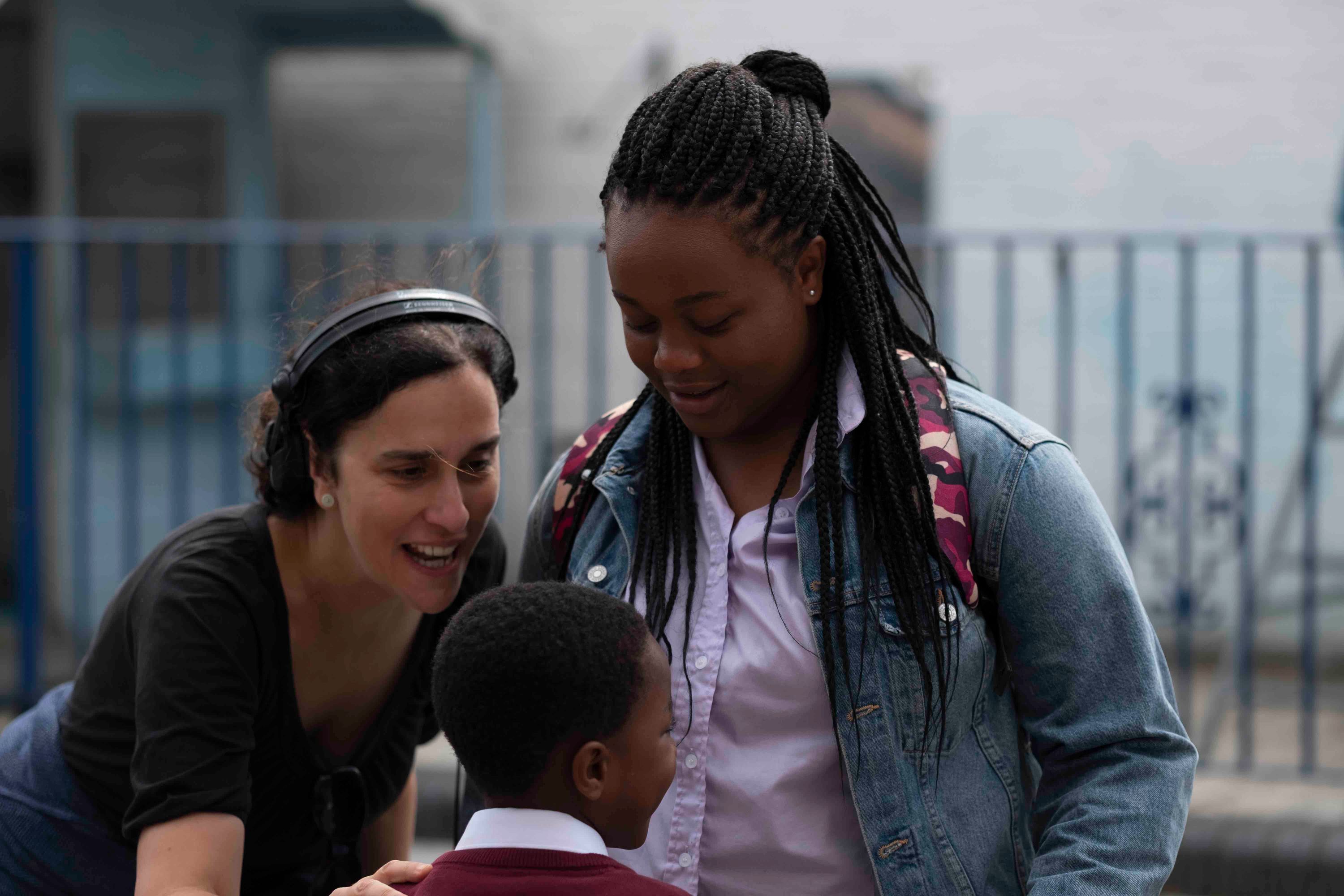
What would you say you’ve learnt from this that you didn't know before?
AA: I've learnt so much making this particular film because it really is like no film I've ever worked on! Every film has different challenges but you wouldn’t normally have so many all together: a low budget, shooting in story order, working with lead first-time actors that were also children and therefore working within these restrictions, an ambitious script approach with improvised dialogue which also meant the schedule and locations were daily moving parts, filming entirely on location, with a majority in London during thesSummer for 40 days. We didn't have an animal but a frog was introduced quite late. I was really challenged as a producer.
Every shooting day was memorably different. We didn’t ever get into the rhythm you normally do by week two of a shoot. Film is a collaborative industry and we took this to a new level. Instead of looking backwards we were looking forwards as a team, with the young cast leading the way. This enabled the film to have natural zest and freshness. My friends from school, who I am still very close to and are from different cultural backgrounds, recently watched the film and ran up and engulfed me in a hug saying, “You’ve made a film about us!” That’s the energy I really hoped to capture: the fun, humour, resilience, hope, boldness and empathy you have magnified when you are 14-16.
SG: In a way out of all the crew, both age-wise and every other way, I was the furthest away from the experience so I think I was the one who was learning most. I was so impressed by the young cast. They were so committed; they were worldly even though some of them hadn't left England or London, but they knew a lot. They were interested, they were curious, and that gave me hope about the future. We talked a lot about how structures for young people are being stripped away, there are less and less support networks, and how vital those are. There’s so much potential there; you just need to harness it and make sure there are structures in place so these young women can blossom.
Sarah Gavron
Before Suffragette, Sarah’s feature debut was Brick Lane, which earned her a BAFTA nomination and The Alfred Dunhill Talent Award at the London Film Festival. Prior to this Sarah’s first full length drama, the Dennis Potter Award winning, This Little Life for BBC TV, won her the TV BAFTA for Best New Director and both the Royal Television Society and Women in Film and TV Award, for Best Newcomer. Sarah was selected as one of Variety’s ten directors to watch at the Sundance International Film Festival.
While training at the NFTS and after Sarah made many short films, which have screened internationally and won major awards. Sarah was nominated for the Douglas Hickox award for Best Debut Director in the British Independent Film Awards. Sarah’s feature documentary, The Village at the End of the World, was nominated for The Grierson Award and won the prestigious Margaret Mead Award. Sarah is currently developing an adaptation of Rachel Joyce’s novel, The Unlikely Pilgrimage of Harold Fry, with Film4.
